Best Tax and VAT Legal Service in Bangladesh - Best Tax Lawyer in Bangladesh
On This Page
- What Is the Difference Between VAT and Tax in Bangladesh?
- What Is the VAT and Tax Law in Bangladesh?
- What Are the VAT Rules in Bangladesh?
- Who Pays Tax in Bangladesh?
- What is the Tax Rate in Bangladesh?
- How is Tax Calculated in Bangladesh?
- What Is the Minimum Salary to Pay Income Tax in Bangladesh?
- What Is the Minimum Tax for Individuals in Bangladesh?
- What Are the VAT Rules in Bangladesh?
Tax and VAT (Value-Added Tax) regulations are essential parts of business operations and financial compliance in Bangladesh. As a business, you can’t avoid the complicated legalities of taxation, so you need reliable guidance in tax and VAT legal services.
So, who provides reliable and the best tax and VAT legal services in Bangladesh? We are here at Law Advisors BD to help you best manage your taxation legalities. At Law Advisors BD, we have the most experienced and respected VAT and tax lawyer in Bangladesh with decades of unmatched experience.
Our lawyers can get you out of your VAT and tax legal complexities smoothly! Now, it can be beneficial to spare a few minutes if you want to educate yourself about VAT and tax laws, rates, calculation methods, and so on. So, keep reading and learn something beneficial for you and your business!
Get an Appointment Today!
What Is the Difference Between VAT and Tax in Bangladesh?
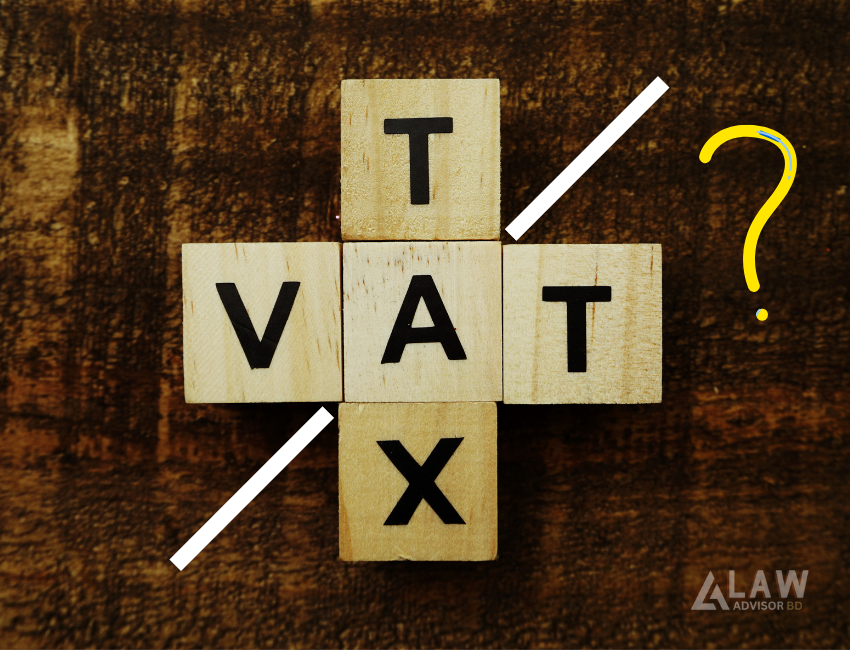
Before you dive into the main discussion, have a clear understanding of tax and VAT – the difference.
Tax is an obligatory financial charge that is charged from a taxpayer (individual or business) by the Government to fund public expenditure. Taxes are imposed on a variety of activities related to income, profits, property, goods, services, etc. There are many types of tax such as income tax, sales tax, value-added tax (VAT), etc.
So, VAT is just a type of tax. VAT is an indirect type of tax that is imposed on or paid by the consumer through a registered person such as a seller. Here the consumer is not a direct taxpayer.
Both you (an individual) and businesses should understand and comply with tax and VAT laws in Bangladesh to avoid legal complications and optimize tax obligations. Here are the reasons why you should know about tax and VAT law in Bangladesh.
- To ensure legal compliance, efficient financial management, and avoid penalties.
- Businesses can correctly calculate, collect, and remit taxes. This way they can maintain good standing with tax authorities.
- Knowledge of tax and VAT laws also helps in leveraging available tax benefits, reducing liabilities, and making informed financial decisions.
- For individuals, it ensures accurate tax filings and maximizes potential refunds or credits.
Overall, familiarity with tax and VAT law promotes financial transparency and stability, which benefit both personal and business financial health.
What Is the VAT and Tax Law in Bangladesh?
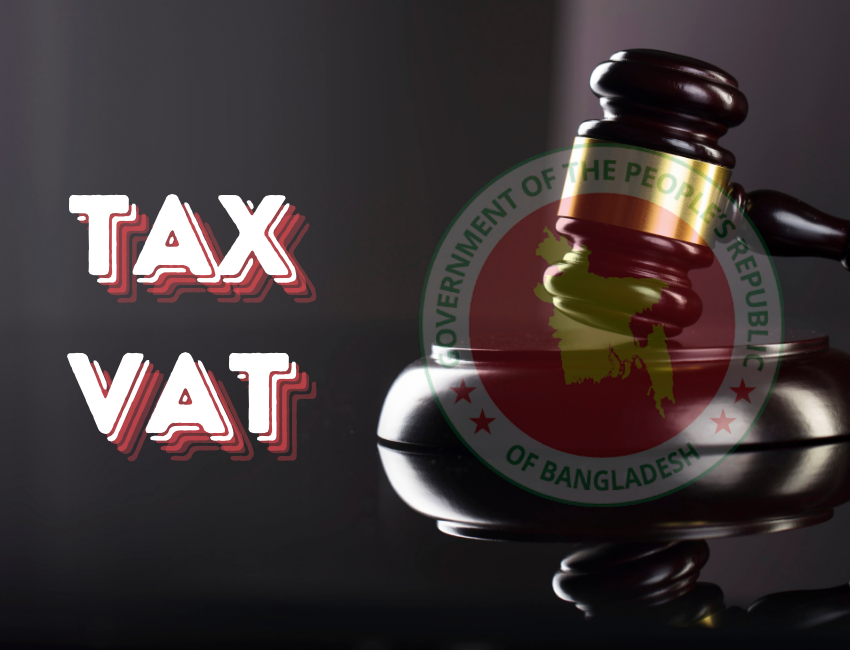
The government of Bangladesh has specific tax laws and rules. Also, the government has specific VAT laws and rules.
Follow the subsequent discussion to know the laws and rules.
What Are the Tax Rules in Bangladesh?
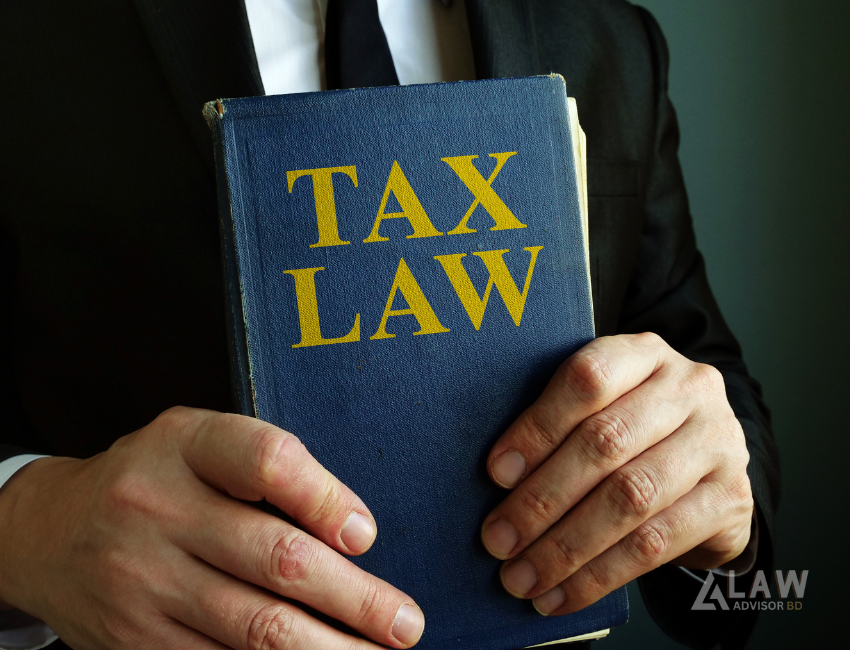
Here we will talk about the income tax rules of Bangladesh.
The income tax rules are also called the Income Tax Rules, 1984 or The Income-Tax Ordinance, 1984. This ordinance outlines the taxation of individuals and businesses in Bangladesh.
What is the tax law in Bangladesh? According to the tax rules of Bangladesh, individuals shall pay taxes on a progressive scale, with rates ranging from 0% to 25%. Corporate tax rates vary by sector, with standard rates for publicly traded companies and higher rates for non-public ones.
Taxes are also imposed on property, imports, and other specific goods and services. Value Added Tax (VAT) is set at a flat rate of 15%.
Who Pays Tax in Bangladesh?

In the case of personal income tax, Bangladeshi residents pay tax on their taxable income. Non-residents pay tax on their income earned in Bangladesh.
In the case of corporate income tax, Bangladeshi resident and non-resident corporations pay tax on their taxable income.
To learn more about this topic, visit here.
What is the Tax Rate in Bangladesh?
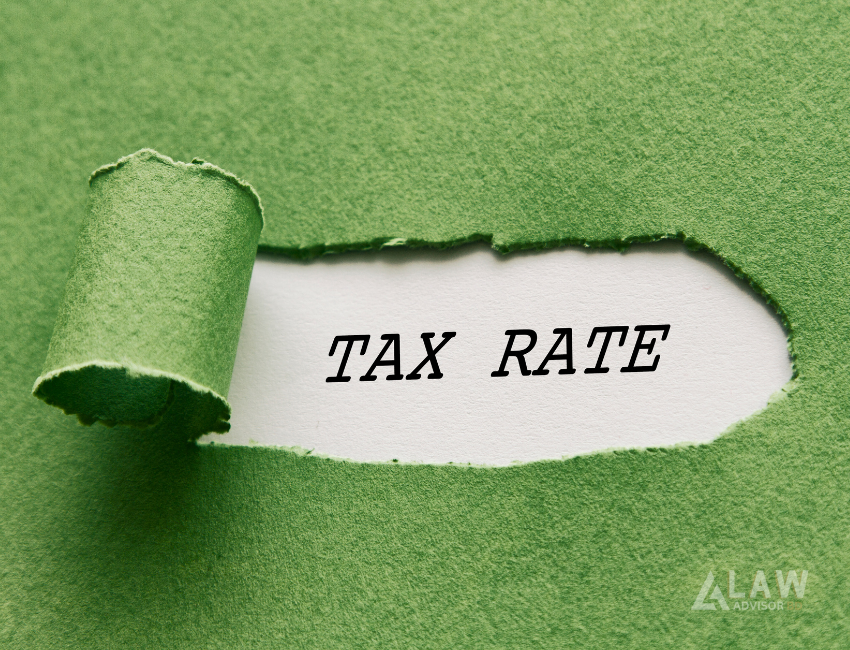
1. For Resident Individuals
According to the Income Tax Rules of Bangladesh, the government of Bangladesh imposes a tax (for resident individuals) on their income that ranges from 0% to 25% of the taxpayer’s income. See the following table that shows the tax rates for resident individuals.
| Tax Steps | Tax Rates |
|---|---|
| Up to BDT 3.5 lakhs | 0% |
| BDT 3.5 lakhs to 4.5 lakhs | 5% |
| BDT 4.5 lakhs to 7.5 lakhs | 10% |
| BDT 7.5 lakhs to 11.5 lakhs | 15% |
| BDT 11.5 lakhs to 16.5 lakhs | 20% |
| BDT 16.5 lakhs and above | 25% |
2. For Non-resident Individuals
The tax rate for non-resident individuals is a flat 30% of their total income earned in Bangladesh, regardless of the amount.
3. For Corporations
The standard corporate tax rate in Bangladesh is 27.5%. However, the corporate income tax rate ranges from 3% to 47.5% of the taxable income.
How is Tax Calculated in Bangladesh?
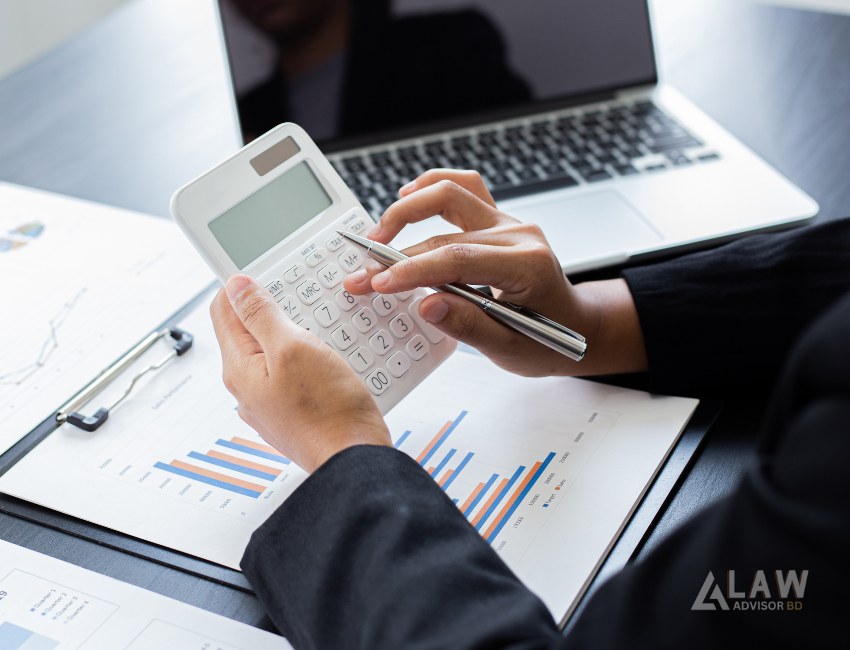
Suppose your income is BDT 500,000.
Now the tax rate is 0% for the first 350,000, 5% for the next BDT 100,000, and 10% for the remaining BDT 50,000.
So, your gross tax = BDT 350,000 x 0% + BDT 100,000 x 5% + BDT 50,000 x 10% = BDT 0 + BDT 5,000 + BDT 5,000 = BDT 10,000
What Is the Minimum Salary to Pay Income Tax in Bangladesh?
The following table exhibits the minimum income to pay tax in Bangladesh.
| Taxpayer Category | Minimum Income (BDT) |
|---|---|
| General citizens | 350,000 |
| Women and senior citizens of 65 years or above age | 400,000 |
| Physically challenged persons and third-gender citizens | 475,000 |
| Freedom fighters | 500,000 |
What Is the Minimum Tax for Individuals in Bangladesh?
The following table exhibits the minimum tax for individuals in Bangladesh.
| Taxpayer Category | Minimum Tax (BDT) |
|---|---|
| All e-TIN holders | 2,000 |
| Dhaka and Chattogram City Corporation (if one’s income exceeds BDT 350,000) | 5,000 |
| Other City Corporations (if one’s income exceeds BDT 350,000) | 4,000 |
| For non-city corporation areas | 3,000 |
What Are the VAT Rules in Bangladesh?
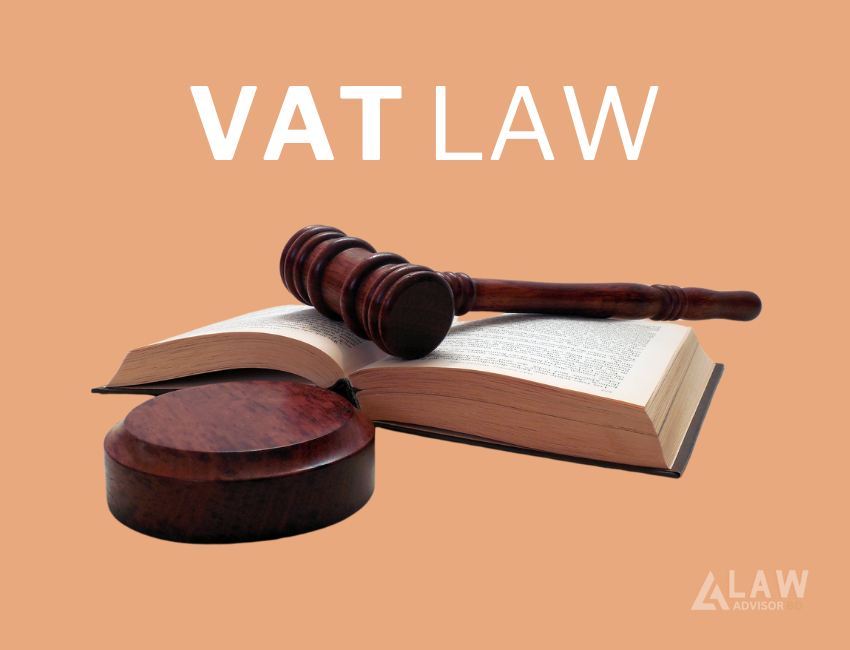
The income tax rules are also called The Value Added Tax and Supplementary Duty Act, 2012. The Government of the People’s Republic of Bangladesh introduced and replaced Sales Tax with VAT in Bangladesh in 1991.
What is the policy for Value Added Tax in Bangladesh? According to the VAT rules of Bangladesh, you have to pay VAT for your goods and services at all stages of the supply chain. The general rate is 15%.
Who Pays VAT in Bangladesh?

The VAT payers are the consumers of all goods and services. VAT is a consumer tax, so the consumer must pay the whole amount of VAT for applicable goods or services. The last consumers of all goods and services are the VAT payers.
VAT is not imposed on businesses or services. But the sellers are responsible for collecting it.
Compliance Requirements for VAT Registration
- Registration: Businesses with an annual turnover above BDT 3,000,000 must register for VAT.
- Returns: Monthly VAT returns are mandatory.
- Invoices: VAT-registered businesses must issue VAT invoices.
What Is the VAT Rate in Bangladesh?
See the following table that shows various VAT rates.
| Types/Goods/Services | VAT Rates |
|---|---|
| Standard VAT rate | 15% |
| Reduced rates for specific goods and services | 5%, 7.5%, and 10% |
| Export goods and services | 0% |
How is VAT Calculated in Bangladesh?
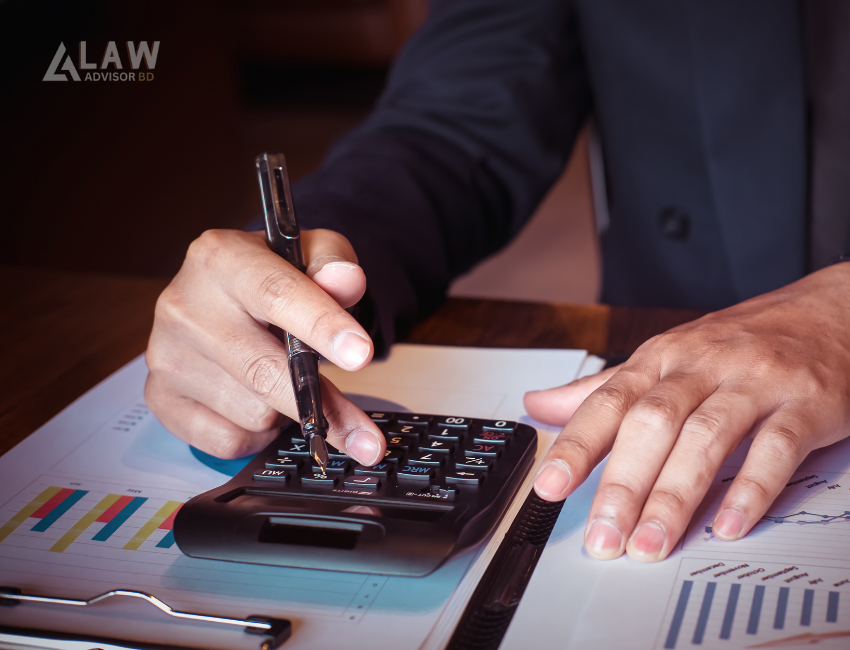
VAT calculation is a very easy calculation. To add the VAT amount to the price of a good or service, divide its price (Net Amount) by 100 and then multiply by 115 (15%). Now the final amount (Gross Amount) includes the VAT.
Why Should We Pay VAT in Bangladesh?
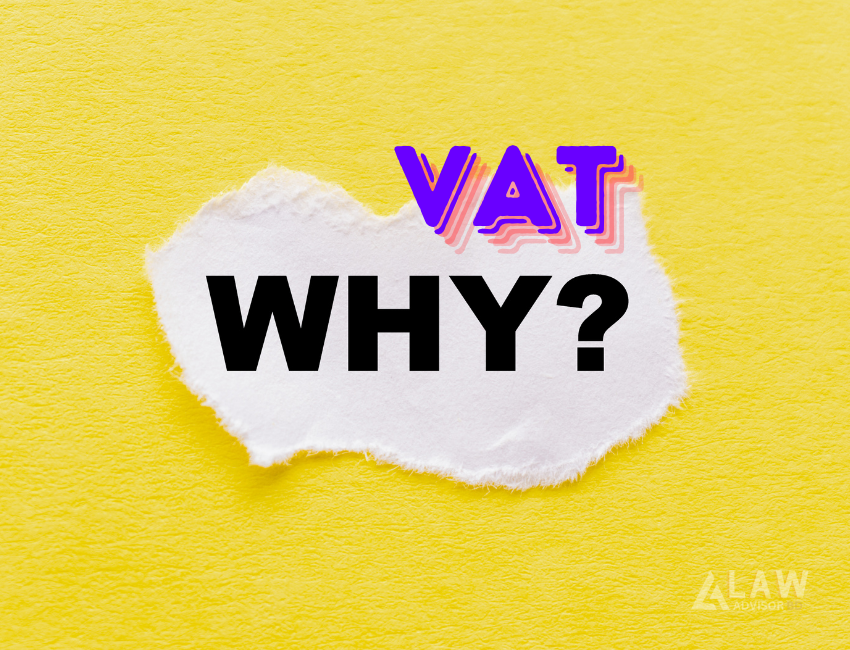
As a loyal citizen of Bangladesh, we should pay VAT because:
- Firstly, we should follow the law of our country.
- Money received from the VAT and other taxes contributes to the development of our country. VAT and other taxes increase the revenue of the government. This revenue is used to fund all development programs to secure and boost the economic growth of our country.
Which Services Are VAT Exempt?
Certain goods and services such as basic food items, healthcare, and education services are exempt from VAT.
You can check here for all the VAT-exempt goods and services in Bangladesh.
Some Other Crucial Information About VAT and Tax
Here are some crucial information related to VAT and Tax in Bangladesh.
What Is the Tax Authority of Bangladesh?
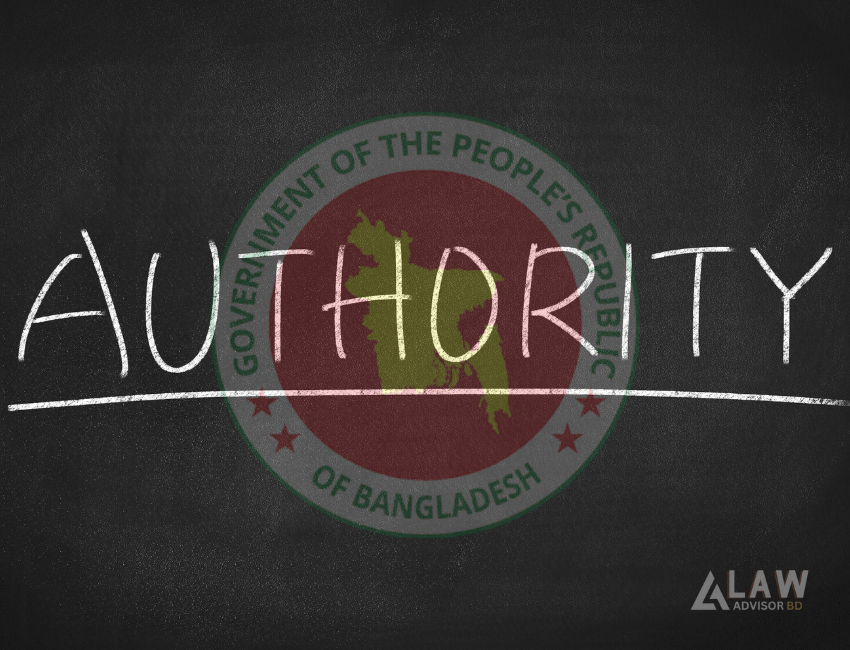
Do you know which government authority is responsible for the administration of VAT and tax in Bangladesh? Here are the key authorities for VAT and tax administration and management in Bangladesh.
- National Board of Revenue (NBR): The apex body responsible for tax administration.
- Customs Department: Manages customs duties and import/export regulations.
- VAT Wing: A specialized wing of the NBR for VAT administration.
Tax Incentives and Exemptions in Bangladesh
- Export Processing Zones (EPZs): Tax holidays and exemptions for businesses operating in EPZs.
- Special Economic Zones (SEZs): Various tax incentives to attract investment.
- Industry-Specific Incentives: Tax benefits for priority industries such as IT, agriculture, and renewable energy.
Penalties and Enforcement
- Non-Compliance Penalties: Fines and interest on unpaid taxes.
- Tax Evasion: Severe penalties including imprisonment and substantial fines.
- Audit and Assessment: The National Board of Revenue (NBR) conducts regular audits and assessments to ensure compliance.
Filing and Payment
- Tax Year: It is an accounting year (income year) for taxpayers that runs from July 1 to June 30.
- Filing Deadline: Individuals should submit tax returns by November 30 each year.
- Payment: Taxpayers can pay taxes through designated banks and online portals.
International Aspects
- Double Taxation Avoidance Agreements (DTAA): Bangladesh has DTAAs with several countries to prevent double taxation.
- Transfer Pricing: Regulations to ensure transactions between related entities are at arm’s length.
Why Do You Need a Qualified VAT and Tax Lawyer in Bangladesh?
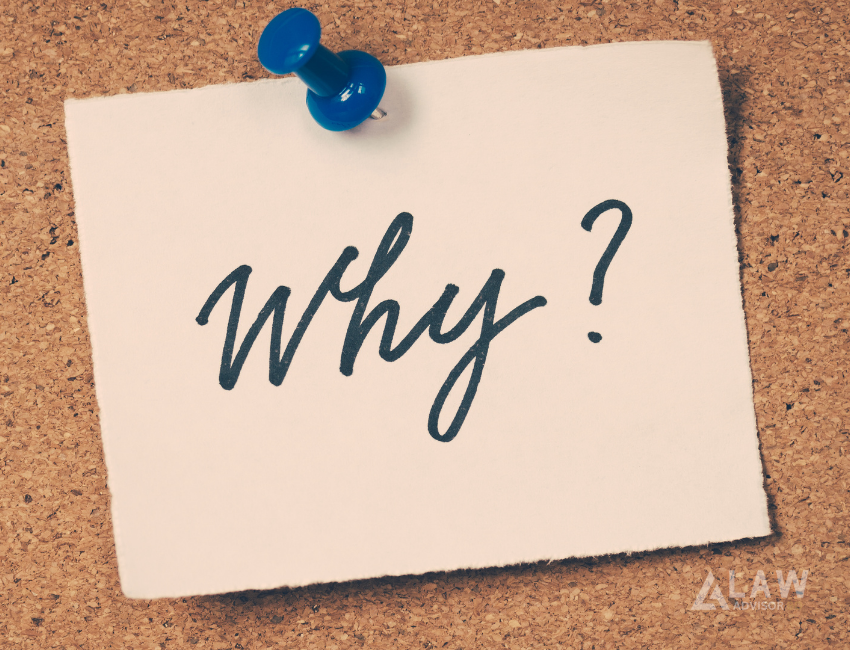
You need a qualified tax and VAT lawyer in Bangladesh for the following reasons:
- A qualified tax and VAT lawyer has expert knowledge of Bangladesh’s complex tax and VAT laws.
- You can ensure that your businesses comply with Bangladesh’s tax regulations and avoid penalties.
- You can get strategic tax planning to optimize tax liabilities.
- A qualified tax and VAT lawyer can assist in resolving tax disputes with authorities.
- Your tax lawyer can support you during tax audits to ensure proper compliance and documentation. He/she can represent you in tax audits and legal proceedings.
- You will be kept informed about changes in tax laws.
- Your lawyer can help in the accurate and timely preparation of tax documents.
- An expert lawyer identifies and mitigates potential tax risks.
- You can get valuable advice on the tax implications of international business dealings.
- Your lawyer can help in legally reducing tax liabilities, leading to cost savings.
- A qualified lawyer can provide personalized tax advice based on your business needs.
How to Find the Best Tax and VAT Lawyer in Bangladesh?

Finding the best tax lawyer in Bangladesh involves several key considerations. Here are some points to help you in the process:
Qualifications and Credentials
Verify their educational background and professional qualifications. Check for any additional certifications in tax law or related fields.
Specialization
Ensure the lawyer specializes in the specific area of tax law relevant to your needs (e.g., corporate tax, personal income tax, VAT, etc.). Specialized lawyers are more likely to be up-to-date with the latest laws and regulations.
Experience and Expertise
Look for lawyers with extensive experience specifically in tax law. Check their track record of handling tax cases, both in advisory roles and litigation.
Reputation
Research the lawyer’s reputation within the legal community and among clients. Look for client testimonials, reviews, and professional endorsements.
Professional Memberships
Check for membership in relevant professional bodies such as the Bangladesh Bar Council, Dhaka Bar Association, or international tax associations. Such memberships indicate a higher level of professional engagement and credibility.
Client Interaction and Communication Skills
Assess their communication skills and how they interact with clients. A good tax lawyer should be able to explain complex tax matters in an easily understandable way and provide timely updates on your case.
Who Offers the Best Tax and VAT Legal Service in Bangladesh?
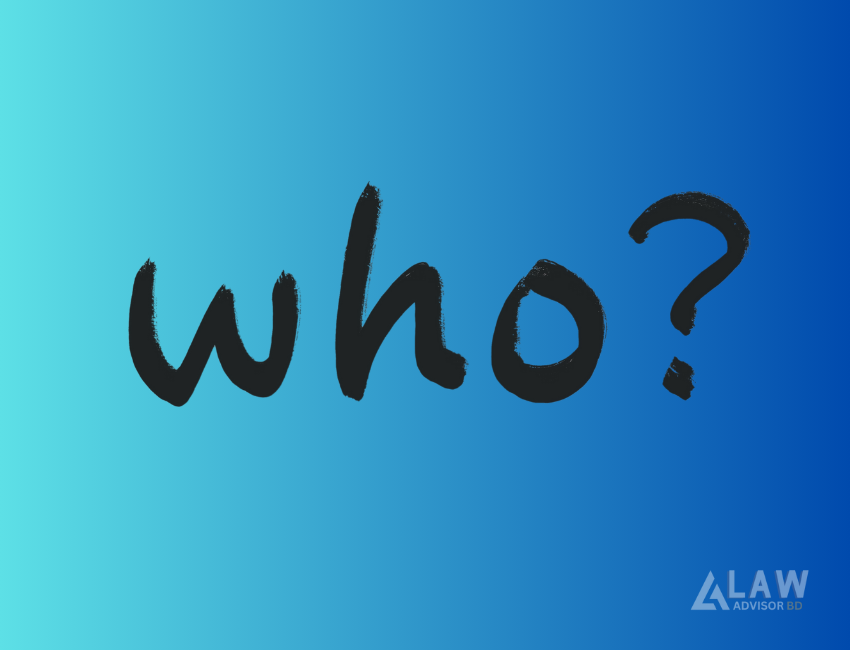
At Law Advisors BD, we offer the best tax & VAT legal services in Bangladesh. Our business lawyers have remarkable practice and experience in tax and VAT-related services in Bangladesh.
Some of our senior business lawyers have over 20 years of unrivaled experience in business law, including tax and VAT legal services. They have been working with Law Advisors BD for more than 10 years with a very high success record in solving various legal issues.
Law Advisors BD offers vital legal assistance for tax and VAT cases in the Supreme Court of Bangladesh under the Income Tax Ordinance.
If you want a reliable law firm or lawyer to manage your taxation legalities, we can provide you with the best tax & VAT legal services in Bangladesh.
We are the best law firm for providing the best tax legal services in Bangladesh and VAT legal services in Bangladesh.
We cover the following tax and VAT legal services in Bangladesh:
- Tax Planning and Risk Management Services
- Tax Support Services
- Tax Dispute Services
The Best VAT and Tax Lawyer in Bangladesh - Advocate Md. Abul Kalam Azad
Currently, advocate Md. Abul Kalam Azad is one of the best tax and VAT lawyers in Bangladesh.
For more than 2 decades of legal practice, Md. Abul Kalam Azad has earned an excellent reputation for reliability in service to clients and colleagues.
Md. Abul Kalam Azad is enrolled as an advocate and a member of the Dhaka Bar Association. He won the International Advisory Experts Award.
Know some useful information about Advocate MD. Abul Kalam Azad is below.
Name: MD. Abul Kalam Azad
Nationality: Bangladeshi
Language Proficiency: English, Bangla, Spanish
Business Address: 4th floor (left), House 363, Lane 5, Eastern Road, Baridhara DOHS, Dhaka 1206, Bangladesh
E-mail Address: help@lawadvisorsbd.com
Contact Number: +8801726655431
Professional Memberships: Enrolled as an Advocate, Member of Dhaka Bar Association
Awards: International Advisory Experts Awards Winner
Why Are We the Best Tax and VAT Law Firm in Bangladesh?

We are the best VAT and tax law firm in Bangladesh because:
- We have high legal knowledge and expertise.
- Our lawyers have extended legal experience in this field.
- We use personalized and solution-focused approaches.
- We have a great service reputation.
- We give honest advice.
- We offer the best service fees.
Here are some practical tips that can help you avoid legal complications and optimize tax obligations.
- Professional Advice: Engage with tax professionals for compliance and planning.
- Stay Updated: Regularly check NBR updates and notifications.
- Record Keeping: Maintain accurate records for all transactions to facilitate smooth audits and assessments.
Conclusion
If you or your business require reliable assistance in complicated legalities of taxation, it is wise to consult with a tax and VAT law specialist.
In such cases, the best place to get the best assistance is Law Advisor BD. Our expert and experienced tax and VAT lawyers can assist you in living your life or running your business smoothly by easily removing your legal hassles.
FAQs
Read the best answers to some of the most frequently asked questions regarding tax and VAT laws and services.
The VAT rate for most services in Bangladesh is 15%. But there are other rates such as 5%, 7.5%, etc. Some services are VAT-exempt or have no VAT at all.
The VAT rate for IT-enabled services in Bangladesh can be 5% or 15%. The tax rates for IT-enabled services in Bangladesh vary based on business or service types. Most of the Information Technology Enabled Services (ITES) benefit from the reduced VAT rate (5%).
It is also called The Value Added Tax and Supplementary Duty Act, 2012. It was created to expand the areas of imposing VAT, supplementary duty, and turnover tax. Also, to consolidate and simplify the provisions relating to collection procedures.
A duty is a tax charged by governments on the price of imported products. The price also includes freight costs and insurance for the imported products. The duty tax rate is 2 to 5% for raw materials and capital goods, 10% for intermediate goods, and 25% for finished products.
